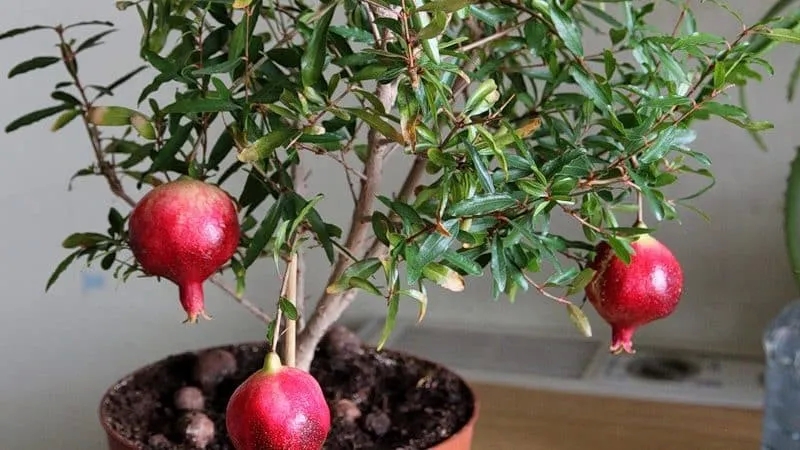Lemons are celebrated for their medicinal properties. A cup of tea with lemon invigorates, compensates for vitamin deficiencies in winter, and boosts the body's resistance to infections. This citrus fruit is available in stores year-round, but when buying in bulk, the question arises about storage methods. In unfavorable conditions, lemons lose moisture, dry out, or grow mold. Here’s a detailed guide on how to store lemons at home.
Table of contents
Key Features and Basic Rules for Storing Lemons
Lemons should be stored at a temperature of +6…+8°C. At room temperature, their shelf life decreases sharply. Essential conditions:
- a dry, cool space;
- absence of direct sunlight.
Protect the fruit from drying out and excess moisture. The ideal humidity level is around 85%.
Selecting and Preparing Lemons

Choose ripe, firm, undamaged fruits with vibrant color. To preserve moisture and freshness, prepare lemons as follows:
- coat them with vegetable oil;
- wrap them in parchment paper.
These measures prevent drying out and inhibit mold growth if spoilage occurs.
Note. A shiny peel indicates ripeness. Unripe lemons have a matte skin.
How to Store Lemons Properly
Choosing the right temperature is crucial. Cool, dark spaces and refrigerators are ideal. Excess dryness causes dehydration, while excess moisture leads to spoilage and mold.
To maintain optimal humidity, wrap lemons in parchment paper or coat them with oil, place them in a plastic bag, and store them at a low temperature. This keeps them fresh for several months.
Where to Store Lemons
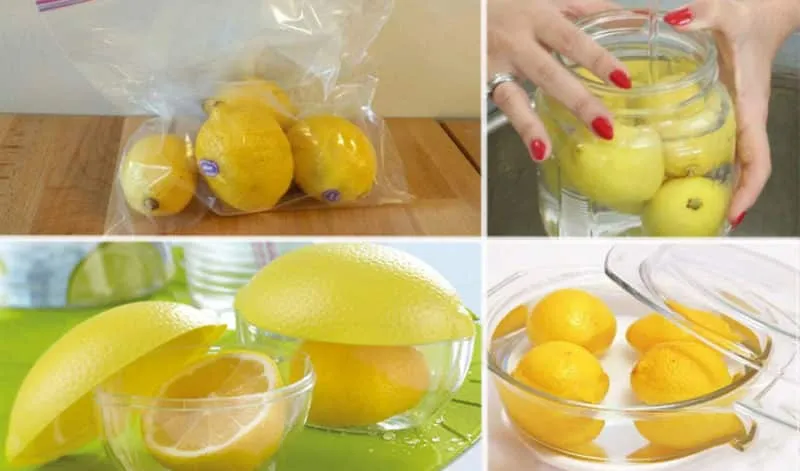
Lemons can be stored:
- in the refrigerator;
- in a cellar;
- at room temperature;
- in the freezer.
For bulk storage in a cellar:
- bury them in sand to prevent drying;
- place them in crates with sawdust, wrapped in wax paper.
At room temperature, lemons last up to two weeks. Coating the peel with vegetable oil can extend this by a week.
Important! Do not store lemons in plastic bags at room temperature.
In the freezer, lemons can be stored for months. Freeze slices, zest, grated lemon, or juice.
Storage Containers
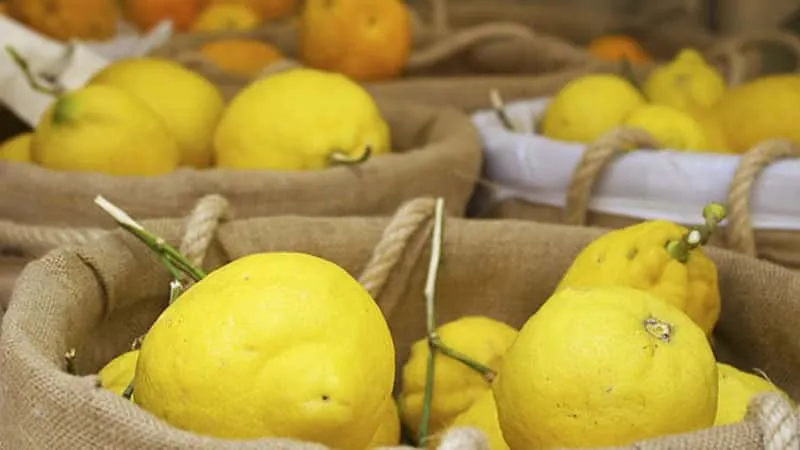
A popular method is storing lemons in jars:
- Fill a jar with lemons and water, then refrigerate. Change the water daily.
- Sterilize peeled lemons in a jar over a water bath, adding more as needed. Seal tightly and store in a cool place.
Storage Methods
Lemons can be stored in various forms. Here are several options for long-term preservation.
Whole Lemons
For short-term storage, wrap lemons in parchment paper and refrigerate in the fruit compartment.
For long-term storage:
- place lemons in a container with a burning candle to remove oxygen, then seal tightly;
- wrap in wax paper and bury in sand;
- coat the peel with melted beeswax.
Cut Lemons
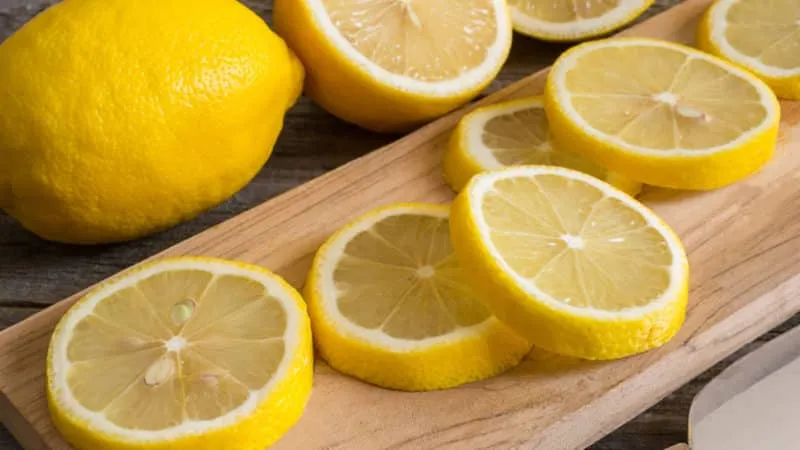
Cut lemons dry quickly. Here’s how to store them:
- place cut-side down on a plate with a few drops of vinegar;
- brush the cut side with egg white;
- cover with a glass or cling film to limit oxygen exposure;
- place cut-side down on a plate with salt or sugar;
- submerge in water, ensuring the cut side stays above water.
With Sugar
Preserve lemons by candying them. Method:
- Peel or slice whole lemons (with peel).
- Layer in a jar, generously coating with sugar.
- Seal with a plastic lid.
Fill the jar to the top. Use a 1:1 sugar-to-lemon ratio. Store in a cool, dark place.
Tip: Keep the jar at room temperature for a week to dissolve the sugar.
With Salt
Salt-preserved lemons are great for savory dishes:
- Slice lemons thinly.
- Layer in jars with salt.
- Add optional spices.
Seal and refrigerate.
Without Zest
Storage options for peeled lemons:
- pack tightly in a jar and refrigerate;
- preserve in sugar or honey;
- add salt;
- freeze.
As Juice

Sterilize jars and lids before filling with lemon juice. Seal tightly. Add a layer of olive or almond oil on top. Store in a cool, dark place or freeze.
Warning! Avoid metal juicers – they degrade vitamins.
Dried Lemons
Thinly slice lemons and air-dry (up to 5 days) or oven-dry (6 hours at low heat).
Processed Storage
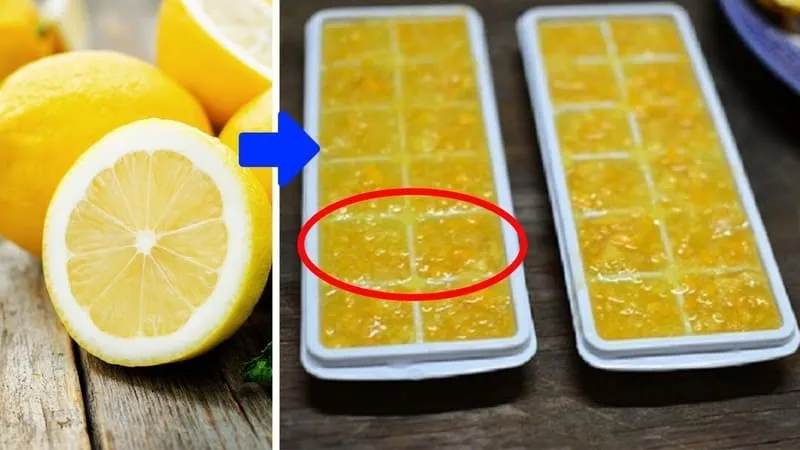
If cellar storage isn’t an option, try these methods:
- Freezing: Slice lemons thinly, freeze for 5 hours, then transfer to an airtight container.
- Vacuum sealing: Place lemons in a sterilized jar with a lit candle, then seal. The burning oxygen creates a vacuum.
- Candied lemon paste: Grind lemons with sugar, store in jars for months.
Shelf Life

In a cool, dry place: up to 2 weeks.
Refrigerated (whole): up to 3 months.
Candied lemons: up to 6 months.
Sugared slices: 3–4 weeks in the fridge.
Submerged in water: up to 3 months.
Frozen zest/juice: 6 months.
Frozen slices: up to 1 year.
Dried lemons: 6–9 months.
Cut lemons (covered): 1 week in the fridge.
Tips for Extending Freshness
To prolong shelf life:
- revive dried lemons by dipping in boiling water for 1–2 minutes;
- avoid damaging the peel;
- store separately from other foods in the fridge;
- use a lemon keeper to preserve cut lemons for a week;
- maintain stable humidity levels.
Conclusion
Choose a storage method based on quantity and condition. Bulk storage suits cellars, while smaller amounts fit in fridges or pantries. Pick a preservation technique – freezing, candying, or vacuum sealing – and enjoy fresh, flavorful lemons all year.

